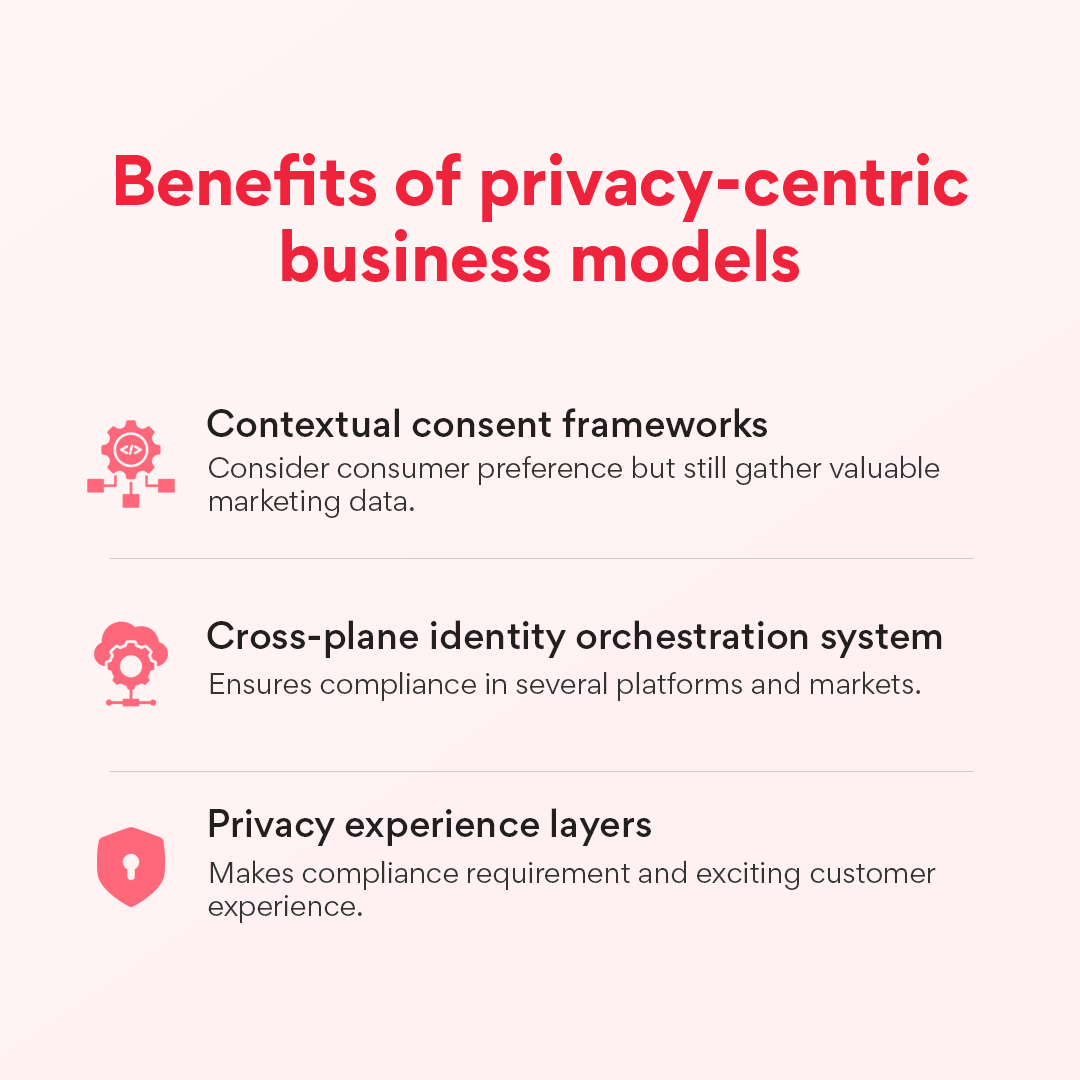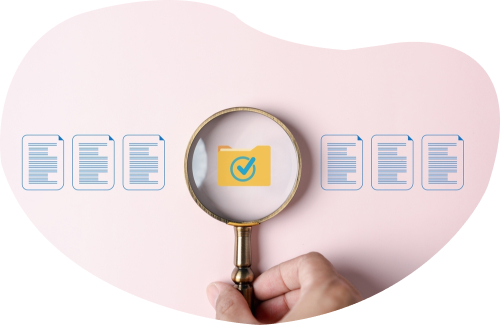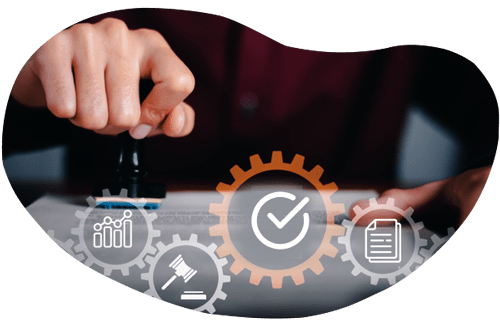In the world of multi-level marketing, it is no longer sufficient to avoid fines. Smart MLM companies take advantage of compliance to stay ahead of competitors. Direct selling and MLM businesses must deal with regulations such as GDPR in Europe, FTC guidelines for business practices in the US, and PCI-DSS for payments security. Brands that outright guards customer data tend to have higher trust and better retention rate. This also helps to guarantee clear compensation plans that do not bring legal issues and win over distributors. By considering compliance as one of their business strengths, companies can earn trust, grow swifter and move ahead with confidence.
The evolving regulatory landscape
The regulatory landscape for direct selling companies has changed in a drastic manner. Whereas most entrepreneurs consider such changes as impediments, successful leaders are seeing them as opportunities for innovation, as well as points of market differentiation.
Beyond traditional FTC compliance
The FTC intensifies the examination of earnings claims, efficacy of products, and practices of distributors. Nevertheless, the most prosperous companies in direct selling are shifting from bare regulations to relationship-focused regulations. This approach harmonizes businesses with the consumer’s value before there is a mandatory shift in practices.
Innovative companies are implementing advanced natural language processing tools that search all customer-facing communications for possible compliance concerns. These systems identify troublesome language in real time and provide tools for fixing it and optimizing marketing materials continuously.
Such an attitude takes the regulatory constraints and converts them into opportunities for clearing the message, improving value propositions, and developing real relationships with distributors and buyers.
GDPR's hidden opportunities
The General Data Protection Regulation of the European Union is viewed by many US-based direct selling companies as a heavy barrier on the ways of international expansion. However, strategic entrepreneurs see it as a plan for the future of data privacy across the world.
The companies that are gaining competitive advantage are not only installing minimum compliance, but they are also creating privacy-centric business models that put consumers in control of their personal data. This approach includes implementing:

These innovations do not only meet the European regulations, but rather, prepare companies for effortless transitioning to the emerging privacy laws in America (CCPA in California, CDPA in Virginia and the CPA in Colorado).
PCI-DSS
PCI DSS compliance continues to be tricky for many direct selling companies, especially where they have complex distributor networks involved in the processing of customer payment details. However, leading organizations have turned these requirements into formidable trust signals.
Through the adoption of distributed compliance networks, innovative MLM companies keep high-level security standards while empowering their independent distributors. These systems:
Implement edge computing solutions that process sensitive payment data locally while exercising a centralized monitoring.
Implement behavioral authentication techniques that strengthen the security without burdening the customer with frictions.
Include progressive verification protocols that adapt security requirements to risk profiles of the transactions.
Such approaches don’t just meet compliance requirements, they build smooth, secure payment experiences that build the trust and conversion rates of users.
Emerging technologies reshaping compliance strategy
Leading direct selling entrepreneurs understand that technology-based innovation is moving compliance from a defensive position to offensive strength, hence creating new compliance strategies.
Compliance-as-a-service platforms
Special compliance management platforms for direct selling industry are increasingly coming up these days. These systems go past generic solutions to deal with the specific nature of the management of distributor networks, multi-level compensation, and cross-border operations.
Such platforms take advantage of blockchain technology to form irrefutable audit trails of distributor claims, compensation calculation, and interaction with consumers. This transparency not only helps to stay compliant but also provides distributors with confidence in the fairness and accuracy of commission systems.
Artificial intelligence in proactive compliance
The earlier compliance tools based on AI systems were aimed at detecting violations that had already occurred. However, modern MLM software can predict the upcoming problems of compliance before it actually manifests. These predictive compliance engines can perform the following.
Break down distributor communication patterns to determine areas that may lead to problematic behavior.
Monitor changes in market-specific regulation to be able to predict compliance needs.
Produce alternative messaging frameworks that meet marketing goals in compliance with regulations.
Implementing these measures not just helps to avoid penalties, but goes further to allow for faster market entry, reduce legal review cycles, and offer greater confidence and creativity for the marketing teams.
Decentralized identity solutions
Due to the distributed structure of direct selling network, monitoring compliance becomes very challenging in aspects such as verifying distributor credentials as well as balancing hierarchical access of sensitive information.
Top MLM companies of the world are introducing decentralized identity frameworks that enable the distributors to own their own credentials with the ability to provide verification for compliance with the company policies. These systems rely on zero-knowledge proofs and self-sovereign identity concepts, to establish compliance ecosystem, which values the distributor independence without violating the regulatory obligations.
Strategic implementation methods
The transformation of compliance from a burden to an advantage needs more than just technology. There must be a fundamental shift in mindset and operational approach.
Cross-functional compliance integration
Top direct selling companies no longer restrict compliance to legal departments. Rather, they infuse the compliance framework into all aspects of business, forming cross-functional teams that blend legal prowess with marketing creativity and technology-based innovations.
This holistic vision takes the compliance role from being a veto-accepting function, which stifles innovation to being a collaborative strategy provider from the beginning. By embedding compliance expertise in product development, marketing, and distributor relations’ teams or by maintaining an organization-wide compliance checklist, these companies are able to capture regulatory opportunities and challenges at the early stage of the development process and avoid costly redesigns that would delay the market.
Free compliance checker tools also help MLM companies analyze their compliance standards before it’s too late.
Compliance experience design
The most innovative direct selling organizations understand that compliance touchpoints are actually customer experience moments. By using experience design concepts to compliance processes, these organizations turn vital regulatory interfaces into occasions of exhibiting values and developing trust from the stakeholders.
This approach includes:
Rewriting income disclosure statements into open-book success maps.
Converting privacy policies into definite forms of value exchange that focus on consumer benefits.
Turning mandated training into interesting education and empowering distributors.
Competitive intelligence through regulatory insight
Contemporary direct selling leaders’ way of thinking is to follow not their own compliance status but the regulatory placement of their rivals. By studying enforcement actions, policy changes, and compliance innovation within the industry, these companies find upcoming requirements before they become trends and become market leaders instead of being compliance followers.
Implementing compliance excellence
For businesses, in which compliance can become a strong competitive advantage, the actual implementation begins with the strategic integration of the MLM software. Direct selling leaders in the industry appreciate that it is a purpose-built technology infrastructure that underpins compliance excellence.
Discover how we build resilient businesses with advanced MLM functionalities
Revisioning distributor onboarding using software-based compliance
Traditional methods consider compliance training as an inevitable necessity—filling in the checkboxes before the “real work” starts. Whereas top MLM companies are implementing advanced MLM software tools that have made compliance an effortless component of the distributor onboarding process:
Integrated compliance onboarding modules make use of advanced learning management system, which adjusts to individual distributors progress. As a result, business-building tools automatically become available, only after certain compliance milestones are reached.
Simulation engines that are scenario-based within MLM platforms develop realistic compliance training that will immerse the distributors in situations they will be likely to face in the real world. They will then be provided with immediate feedback on compliant responses.
Automated compliance certification tracking also ensures compliance with the regulatory needs as well as providing distributors with digital credentials that can aid in market development.
These software-based strategies turn compliance from an on boarding bottleneck into a confidence building foundation that helps to propel success earlier in the distributor’s life. This helps to minimize early attrition while offering complete audit trails for regulatory documentation.
Retention through software-enhanced regulatory empowerment
Advanced MLM software systems increase retention by embedding compliance safeguards directly into the day-to-day process of business itself:
Synchronized systems of compliance enhancement establish development paths connected with your payment plan. In contrast to independent compliance tools, modern MLM software offers more complex compliance tools as distributors climb in their rank:
Smart content approval workflows that scan for compliance issues on materials that have been created by distributors, before they are sent out to distributors themselves.
Flexible permission schemes that unleash the advanced marketing prowess on distributors as they take the mastery of compliance to new heights.
Geo-specific compliance engines that would automatically modify distributors’ tools and permissions depending on the regulatory environments in which they work.
With these software functionalities, compliance becomes an add-on service offered by your company; a differentiator not a burden; a factor in creating retention and recruitment.
Technology-enabled compliance ecosystems
Leading MLM software platforms are becoming far more than transactional systems, building out full-fledged compliance ecosystems that make network-wide regulatory responsibilities into positive advantages:
There are centralized compliance repositories. These offer a single source of truth regulatory instructions that update in real-time at every distributor contact points, as needs develop.
AI-powered compliance monitoring can check distributor activities on social media, replicated websites, and communication channels. These are then continually monitored to detect possible issues in advance as well as deal with them.
Gamified recognition systems for compliance use the infrastructure of your compensation engine to recognize and publicly celebrate distributors that constantly model compliance excellence.
These software-driven methods generate specific measurability in compliance metrics, while also transforming compliance from a cost center into a strategic component. This drives partner relationships with distributors and shields your brand reputation.
Strategic software selection
It’s essential to analyze the prospect of MLM software platforms from a compliance perspective. Visionary direct selling leaders go beyond just basic calculation of compensation and features of ecommerce functionality and evaluate strategic compliance competencies.
Regulatory intelligence integrations that will automatically update system rules and constraints as the regulatory environments change.
Cross-border compliance frameworks that can govern the complex interplay of multinational regulation as distributors go into the world.
Progressive verification protocols, which vary the levels of compliance with transactions values, sensitivity to the market, and experience levels of distributors.
Through the adoption of these advanced compliance-related capabilities of the MLM software, direct selling businesses convert their technological environments from just an operational requirement to a strategic competitive strength.
The future of competitive compliance
The direct selling industry is at regulatory cross-roads. The firms that hold on to minimal compliance standards and regard regulations as barriers will continue to lose out in the market. Because it won’t be just the regulatory penalties that will hurt, but the decreased market potential and the deteriorating consumer confidence as well.
On the other hand, entrepreneurs that adopt all-inclusive compliance as a differentiation factor will identify new sources of innovation, enhanced brand perceptions, and a long-term competitive edge. Companies should understand that regulatory excellence isn’t just about avoiding troubles, but it is about opening opportunities.
Through making compliance a value generator rather than a cost center, advanced network marketing companies are defining the future of an industry, which sits at the nexus of regulation and entrepreneurial enterprise.
- Introduction
- The evolving regulatory landscape
- Emerging technologies reshaping compliance strategy
- Strategic implementation methods
- Implementing compliance excellence
- Revisioning distributor onboarding using software-based compliance
- Retention through software-enhanced regulatory empowerment
- Technology-enabled compliance ecosystems
- Strategic software selection
- The future of competitive compliance









Leave your comment
Fill up and remark your valuable comment.